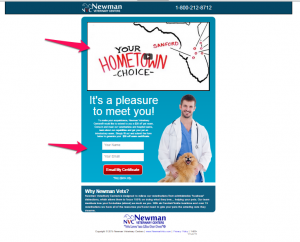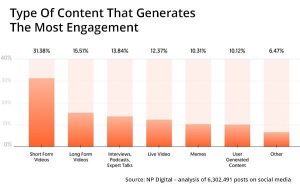 A few months ago we wrote about online reviews and the fact that directory sites can add/remove your hard earned customer feedback without any consideration of how it affects your small business.
A few months ago we wrote about online reviews and the fact that directory sites can add/remove your hard earned customer feedback without any consideration of how it affects your small business.
Recently we’ve been focusing our attention to directory sites in general and the need for SMBs to keep their citations in order. Our recent blog series, Citations On Trial, logs our experiences with different citation sites. Some have been decent, but several of them have been highly frustrating. In particular, our review of InsiderPages showed that they no longer allow business owners to update the site directly, but rather want you to submit information through citation aggregator Yext.
Now, Local SEO expert Phil Rozek tells us that Yext is partnering with even more citation sites and makes some suggestions on what this means for local business owners.
I have no issue with Yext making these partnership arrangements with directory listings – that’s the advantage of an open market. What I do have issue with is the lack of transparency on how each directory listing is working. Directories that are partnering with Yext are doing so as a cost-cutting measure because updating your Name/Address/Phone (NAP) is not trivial. This move is a way to stop taking information manually from the business owners directly, and inherently de-values that particular directory.
Phil talks about the Yext “silver-bullet” misconception: there is no free lunch, you still have to check citations and do your due-diligence to make sure everything looks right. However, part of the issue is that well meaning SEOs like Phil, Whitespark, Brightlocal, and others issue “top 50″ citation lists which certainly give off the impression that if I’m a small business I should go get listed on those 50. I’m not saying those lists are bad, but any list like that has diligent practitioners saying “we gotta do all of these to be great!”
We’ve been telling business owners to focus on:
- Google My Business. This is table stakes. Don’t do anything else until you’ve done this.
- The “top 4″ aggregators – InfoGroup, Acxiom, Factual, Localeze
- The top sites where you already have reviews – sites like Yelp and Foursquare
- The top vertical/horizontal sites for your industry – Avvo for Legal, Healthgrades for Medical, Bizyhood for Local Community, etc
That’s it! Start with this and see what happens after 60 days. A lot of the secondary sites will get updated simply due to their relationship with the Big 4. The ones that don’t get updated you can then work on – and if a bunch of them are tied up with Yext, you can decide whether it’s worth it to pay Yext to get listed on them or decide (as we have) that they are very low score citations that just won’t matter. Or – decide you don’t even want to do the handful of citations above and just let Yext (or an alternative aggregator) take care of everything. I personally don’t like that option as I think small business owners should be involved in making sure their personal information is solid, and using Yext is too much of a “hands off” experience.
What if the top SEO’s came together to create “Power Scores” – where you give a score to a citation based on its citation strength? So, instead of a Top 50 list that business owners feel they have to exhaustively add, these owners can focus on the top listings for their particular market?
We’ve already shown that you don’t own your customer reviews on many 3rd party sites. Now it appears that directory listings are not your own either. Remember, don’t worry about getting listed on citation sites past the top 10, it is probably not worth your time. That conclusion is highly unscientific, but if you’re from the school of starting small and measuring results, it’s a safe (and time saving) bet!
(221)







